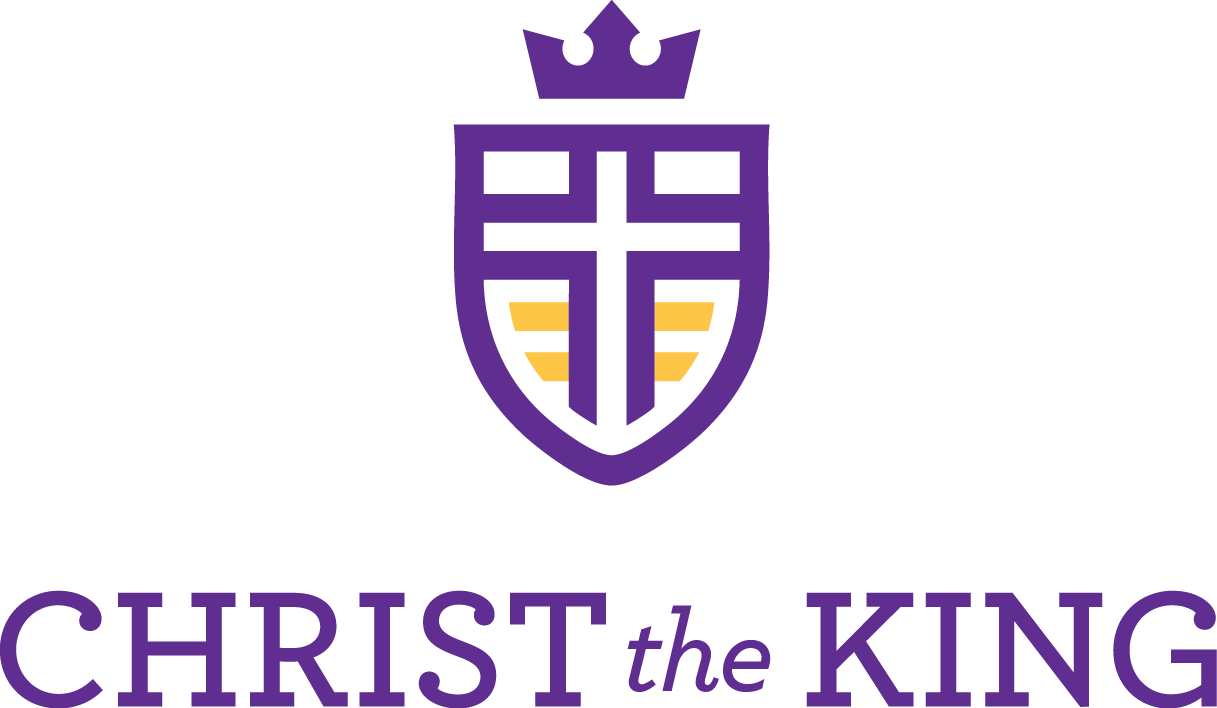The United States Conference of Catholic Bishops (USCCB) “Forming Consciences for Faithful Citizenship.” This is the bishops’ teaching document on the political responsibility of Catholics. This statement represents their guidance for Catholics in the exercise of their rights and duties as participants in our democracy. https://www.usccb.org/issues-and-action/faithful-citizenship/forming-consciences-for-faithful-citizenship-title.
New Introductory Note to Forming Consciences for Faithful Citizenship.
https://www.usccb.org/resources/Introductory-Note-Bulletin-Insert.pdf.“Forming Consciences for Faithful Citizenship” offers guidelines for forming one’s conscience (see #s 31-37). The following is a summary taken from an article in the St. Louis Review (https://www.stlouisreview.com/story/u-s-bishops-faithful-citizenship-guides-catholic-voters-ahead-of-elections/:
Begin by being open to the truth and what is right.
Study Sacred Scripture and the teaching of the Church.
Examine the facts and background information about various choices and be discerning in where we gather information.
Prayerfully reflect to discern the will of God.
It is important to consider how our community of faith can help us form good consciences through these steps:
-Seek the prudent advice and good example of trusted leaders and others to support and enlighten our conscience.
-Learn about the authoritative teaching of the Church.
-Pray for the gifts of the Holy Spirit to help us develop our conscience.
-Regularly partake in an examination of conscience to hear God’s voice in your life.
The Ignatian Examen for Civic Life. The Daily Examen, an ancient practice in the Catholic faith tradition, is a technique of prayerful reflection on the events of the day in order to detect God’s presence and discern a direction forward. The “Ignatian Examen for Civic Life” calls us to be contemplatives in action. We are invited to talk with God in specific ways about the interrelationship between Gospel values and political engagement. https://ignatiansolidarity.net/ignatian-examen-for-civic-life/#english.
The “Examen for Civic Life” ends with the following: "As we prepare to elect new leaders, how will you promote the common good? Ask God for the assistance you need to enact the greater, more lasting good for all of God's people."
Civilize It (https://www.usccb.org/civilizeit). As a Church and a nation, we are polarized and divided. But as Pope Francis writes in Fratelli Tutti, we can seek “a better kind of politics, one truly at the service of the common good” (no. 154). This website offers resources for a more civilized politics.
Additional Resources
As a complement to “Forming Consciences for Faithful Citizenship,” the bishops also approved several new bulletin inserts to help the Catholic faithful put their faith into action: https://www.usccb.org/offices/justice-and-peace/forming-consciences-faithful-citizenship.
The Dignity of the Human Person:
https://www.usccb.org/resources/Dignity-of-the-Human-Person.pdfThe Common Good: https://www.usccb.org/resources/Common-Good.pdf
Solidarity: https://www.usccb.org/resources/Solidarity.pdf.
Subsidiarity: https://www.usccb.org/resources/Subsidiarity.pdf.
